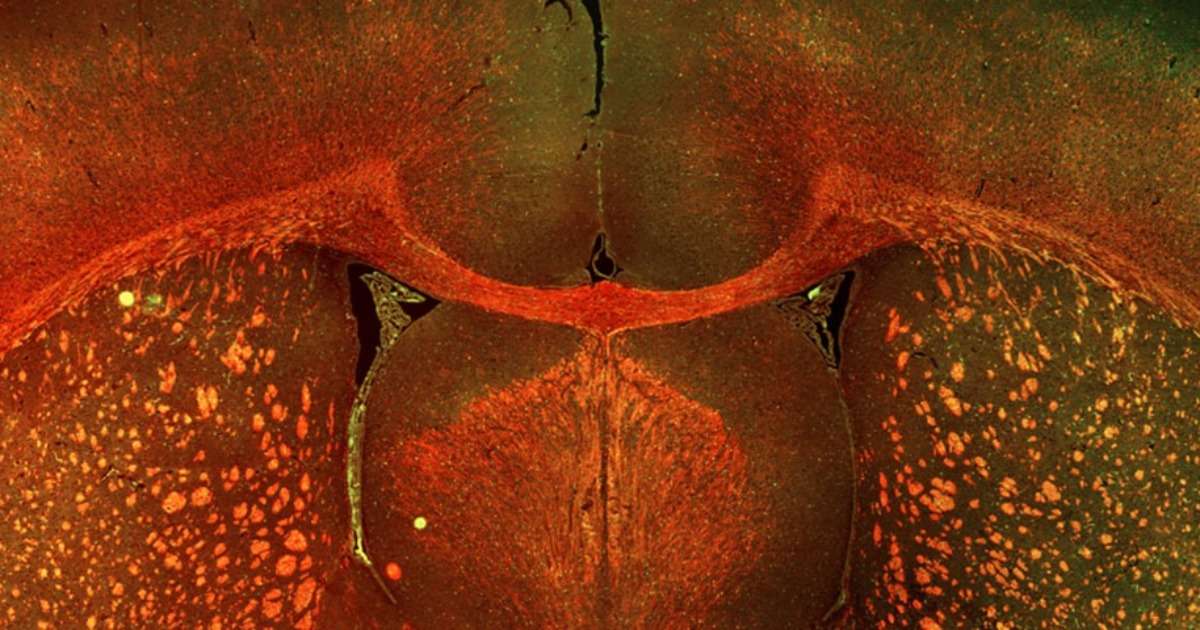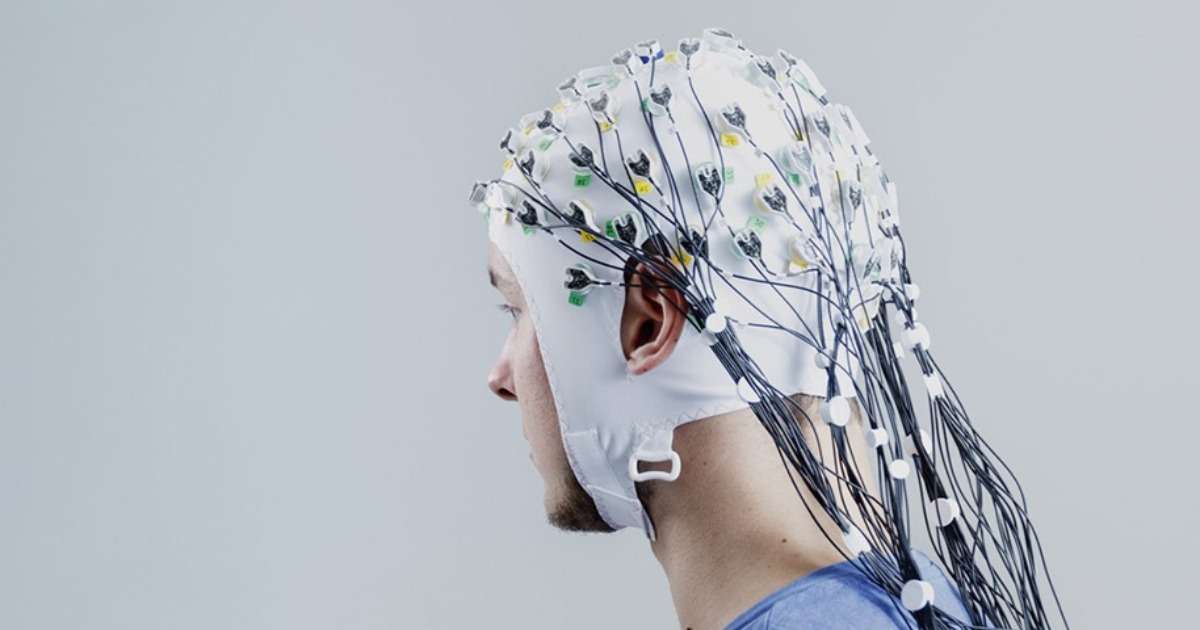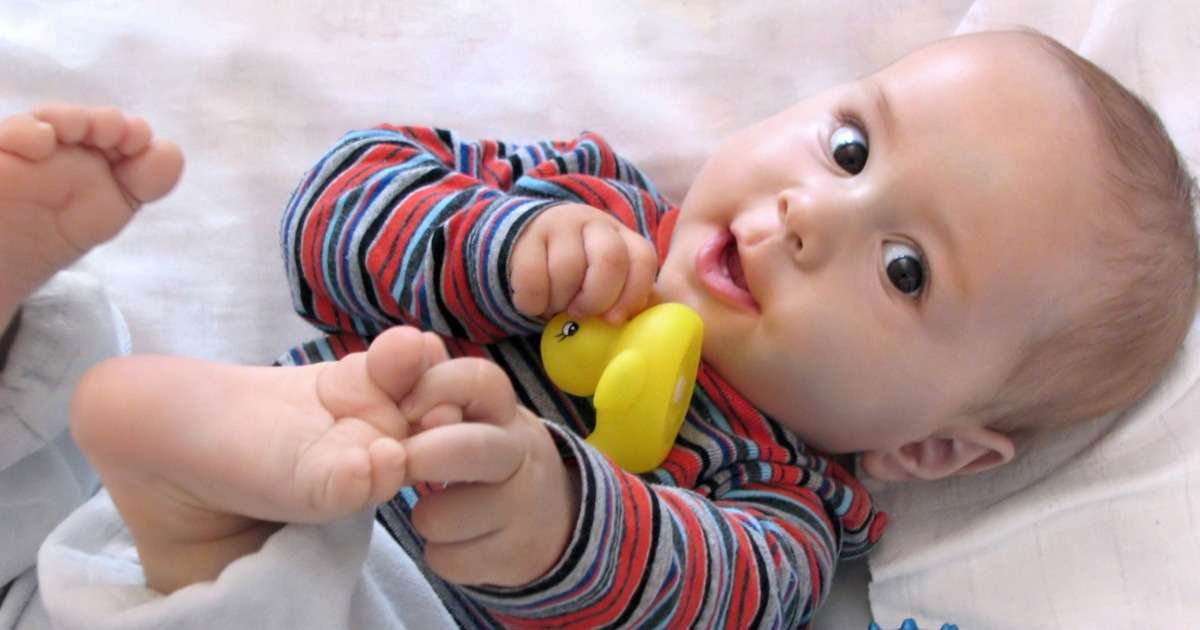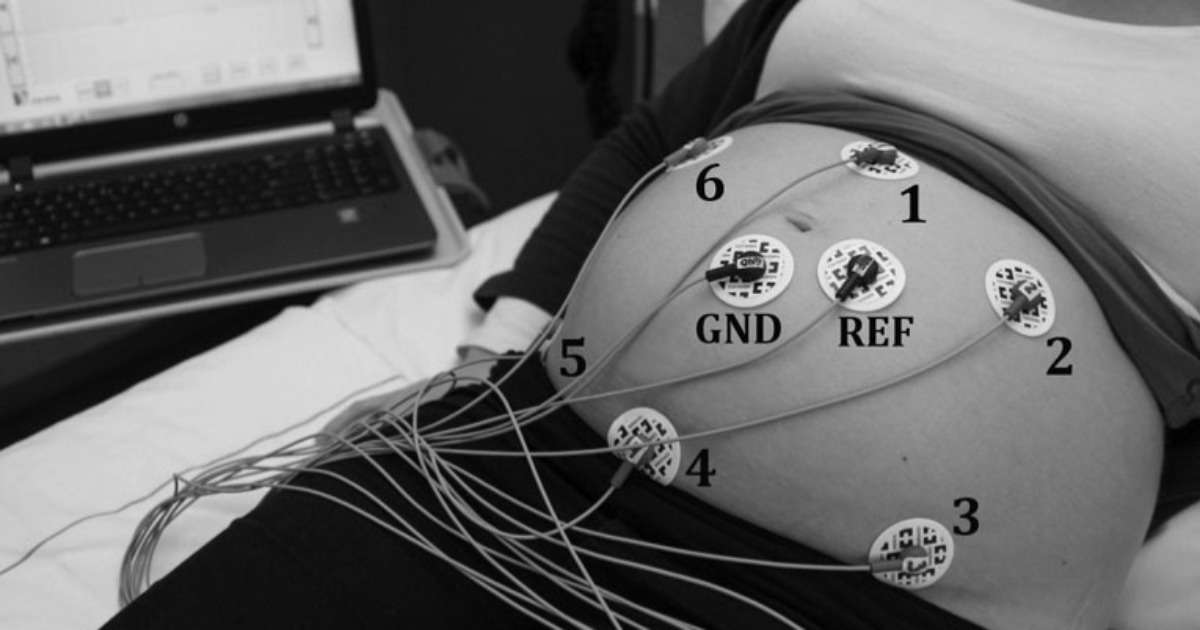
Validation-study: Basic emotions and Action Units detection
Guest blogger Jan Zumhasch, a certified FACS-coder, explains why FaceReader is amazing if you want to analyze facial expressions and emotions.

Towards automated homecage monitoring of group housed rats
Rodent social behavior is important in research on neuropsychiatric disorders, but major limitations hamper progress.

A new rat model for neonatal white matter injury
Preterm birth is a major problem in neonatal healthcare. Erik van Tilborg developed a new animal model to closely mimic this clinical situation, an important step in finding new treatment options.

How oncologists’ communication impacts patients’ information recall
In her study, Visser focuses on one of the possible mechanisms that may underlie limited information recall in patients: the relationship between emotional stress and memory performance.

Understanding face perception in ASD
Researchers at KU Leuven want to gain more insight into whether or not there are differences in the implicit abilities of children with ASD to detect faces, different identities, and different expressions.

The response of oxytocin to mother-infant interaction
Researcher Rebecca Knapp was interested to know whether infant eye gaze away from the mother, or eye gaze directed to the mother, would correspond to increased maternal oxytocin. Read her blog post to learn more.

Fetal electrocardiography
The results of the fundamental research reported in Kim Verdurmen's thesis show that fetal ECG is a technique that is still developing but has shown to have multiple promising prospects, both during pregnancy and labour.

Technical demonstration of FaceReader in Seville, Spain
GO-LAB demonstrated FaceReader's amazing possibilities and efficient replacement of manual coding procedures.

Free-choice digital interactive enrichment and human-animal interaction
Great apes have fast reflex, gazes, and movements: The Observer XT’s features allow frame by frame coding and accurate data integration.

Attention! Drive safely
In a recent study with bicyclists, researchers at VTI, Sweden, observed cyclist behavior using eye tracking technology, video recordings, and behavioral coding.
